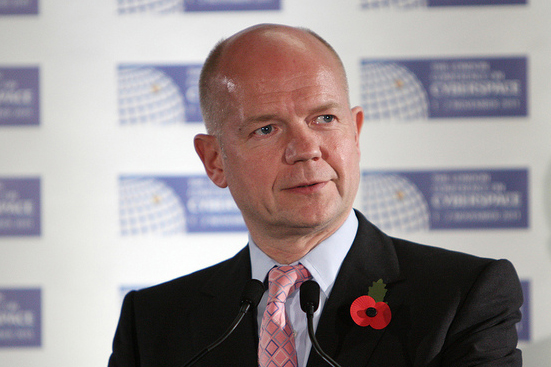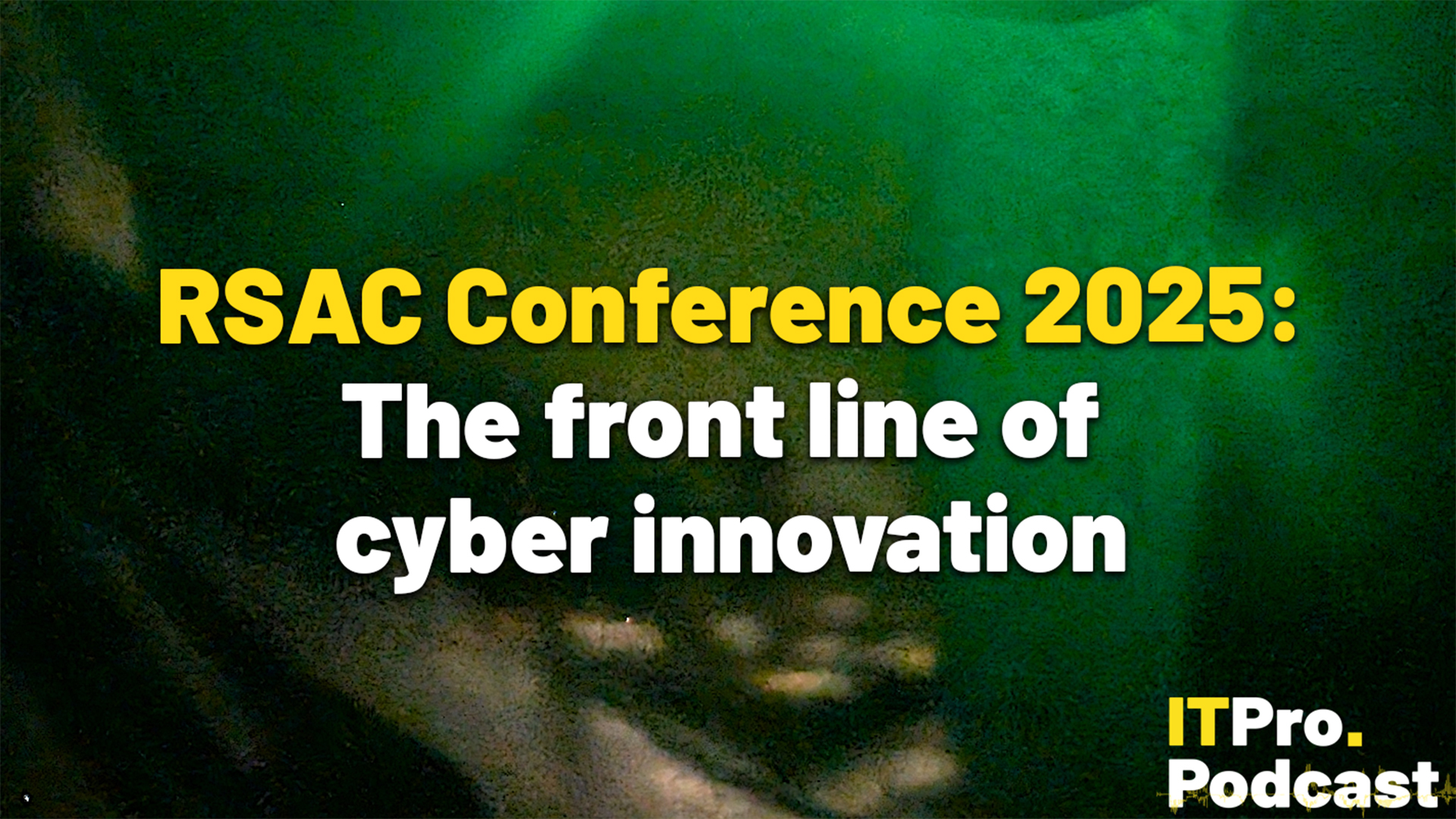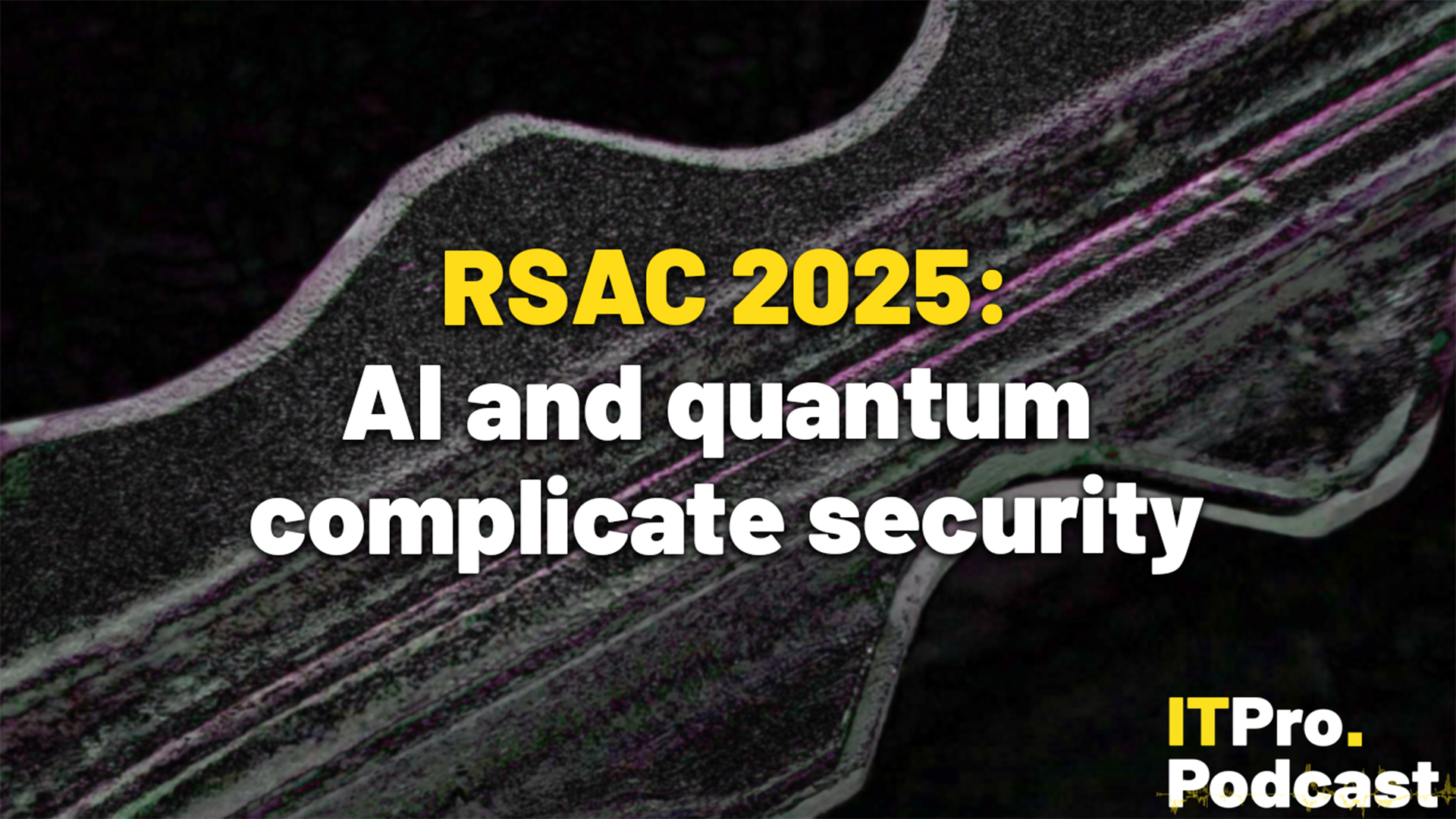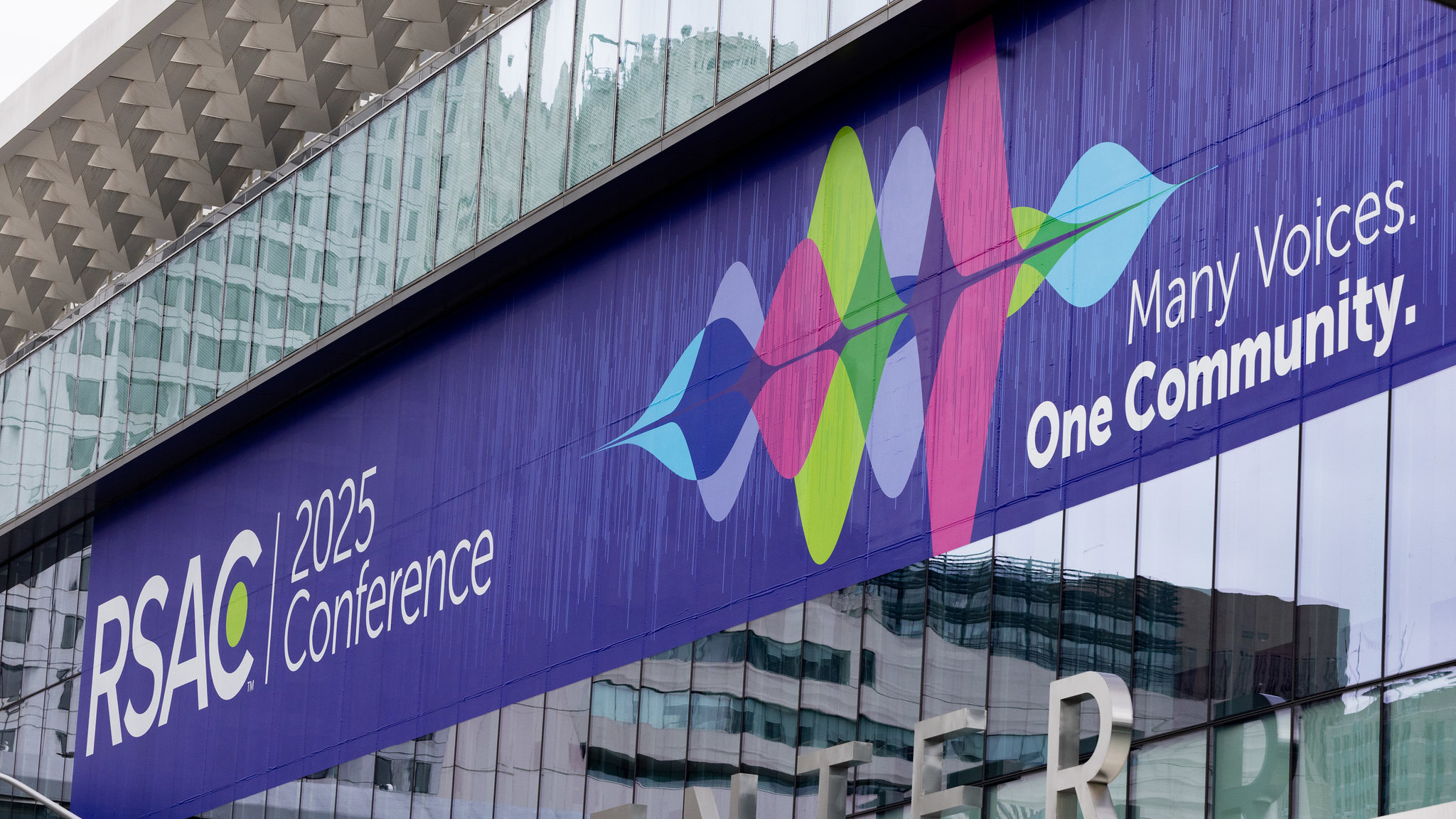William Hague: Cyber cohesion is 'a great challenge of our time'
Hague calls on nations to deliver "rules of the road" for cyber space.


UK foreign secretary William Hague opened the first ever London Conference on Cyberspace today by saying building a consensus over cyber issues was "a great challenge of our time."
Hague emphasised the need for greater collaboration between Governments in tackling issues such as cyber crime and web censorship.
"We need understood rules of the road," Hague said this morning in London.
The foreign secretary said there was an "apparent rise in state sponsored attacks," warning about an increase in malicious use, where the most vulnerable people and national systems were being targeted.
It will become harder to protect our users or protect our defences from being swamped.
"The scope for malignant activity will widen alongside advantages It will become harder to protect our users or protect our defences from being swamped," he added.
A spate of rumoured state-sponsored attacks have been reported this year. In October, EMC's security arm RSA said a nation state was behind a hack on the company.
Sign up today and you will receive a free copy of our Future Focus 2025 report - the leading guidance on AI, cybersecurity and other IT challenges as per 700+ senior executives
Yesterday, Symantec revealed at least 29 companies in the chemical industry had been targeted by an unnamed hacking group, possibly sponsored by a nation state.
Talking more broadly about cyber crime, Hague said successful prosecutions in the cyber space needed to "become the norm rather than the exception."
Control freak-out
Hague was also firm on the Government's commitment to ensuring the internet remained open, not just in the UK but globally.
His words came on the same day 11 organisations wrote to the Government claiming domestic policy was hindering plans to promote web freedom. The Open Rights Group, Index on Censorship and Privacy International were just three of the letter's signatories.
"The Government's record on freedom of expression and privacy is less than ideal. Britain's desire to promote these ideals internationally is being hampered by domestic policy. The Government is currently considering greater controls over what legal material people are allowed to access on the internet," the letter read.
"We call for the UK Government to seize this opportunity to reject censorship and surveillance, domestically and internationally, that undermines people's rights to express themselves, organise or communicate freely. That is the only way to both enshrine the rights of citizens in the UK and to support these principles internationally."
Today, Hague said the internet should not be "stifled" by Government control.
"The internet must remain open and not become ghettoised," he said. "It is time to build on our common interest with real diplomatic weight."
Furthermore, cyber crime should not be used as an excuse for governments to censor internet use, Hague added.
Hungary is to host follow-on event to the London Conference on Cyberspace in 2012. Korea will hold another in 2013.
Tom Brewster is currently an associate editor at Forbes and an award-winning journalist who covers cyber security, surveillance, and privacy. Starting his career at ITPro as a staff writer and working up to a senior staff writer role, Tom has been covering the tech industry for more than ten years and is considered one of the leading journalists in his specialism.
He is a proud alum of the University of Sheffield where he secured an undergraduate degree in English Literature before undertaking a certification from General Assembly in web development.
-
 The modern workplace: Standardizing collaboration for the enterprise IT leader
The modern workplace: Standardizing collaboration for the enterprise IT leaderHow Barco ClickShare Hub is redefining the meeting room
-
 Interim CISA chief uploaded sensitive documents to a public version of ChatGPT
Interim CISA chief uploaded sensitive documents to a public version of ChatGPTNews The incident at CISA raises yet more concerns about the rise of ‘shadow AI’ and data protection risks
-
 RSAC in focus: Key takeaways for CISOs
RSAC in focus: Key takeaways for CISOsThe RSAC Conference 2025 spotlighted pivotal advancements in agentic AI, identity security, and collaborative defense strategies, shaping the evolving mandate for CISOs.
-
 RSAC in focus: Quantum computing and security
RSAC in focus: Quantum computing and securityExperts at RSAC 2025 emphasize the need for urgent action to secure data against future cryptographic risks posed by quantum computing
-
 RSAC in focus: How AI is improving cybersecurity
RSAC in focus: How AI is improving cybersecurityAI is revolutionizing cybersecurity by enhancing threat detection, automating defenses, and letting IT professionals tackle evolving digital challenges.
-
 RSAC in focus: Collaboration in cybersecurity
RSAC in focus: Collaboration in cybersecurityExperts at RSA Conference 2025 emphasised that collaboration across sectors and shared intelligence are pivotal to addressing the evolving challenges of cybersecurity.
-
 RSAC in focus: Considerations and possibilities for the remainder of 2025
RSAC in focus: Considerations and possibilities for the remainder of 2025As 2025 unfolds, RSAC explores the pivotal considerations and emerging possibilities shaping the cybersecurity landscape
-
 RSAC Conference 2025: The front line of cyber innovation
RSAC Conference 2025: The front line of cyber innovationITPro Podcast Ransomware, quantum computing, and an unsurprising focus on AI were highlights of this year's event
-
 RSAC Conference 2025: AI and quantum complicate security
RSAC Conference 2025: AI and quantum complicate securityOrganizations are grappling with the complications of adopting AI for security
-
 RSAC Conference 2025 was a sobering reminder of the challenges facing cybersecurity professionals
RSAC Conference 2025 was a sobering reminder of the challenges facing cybersecurity professionalsAnalysis Despite widespread optimism on how AI can help those in cybersecurity, it’s clear that the threat landscape is more complex than ever
